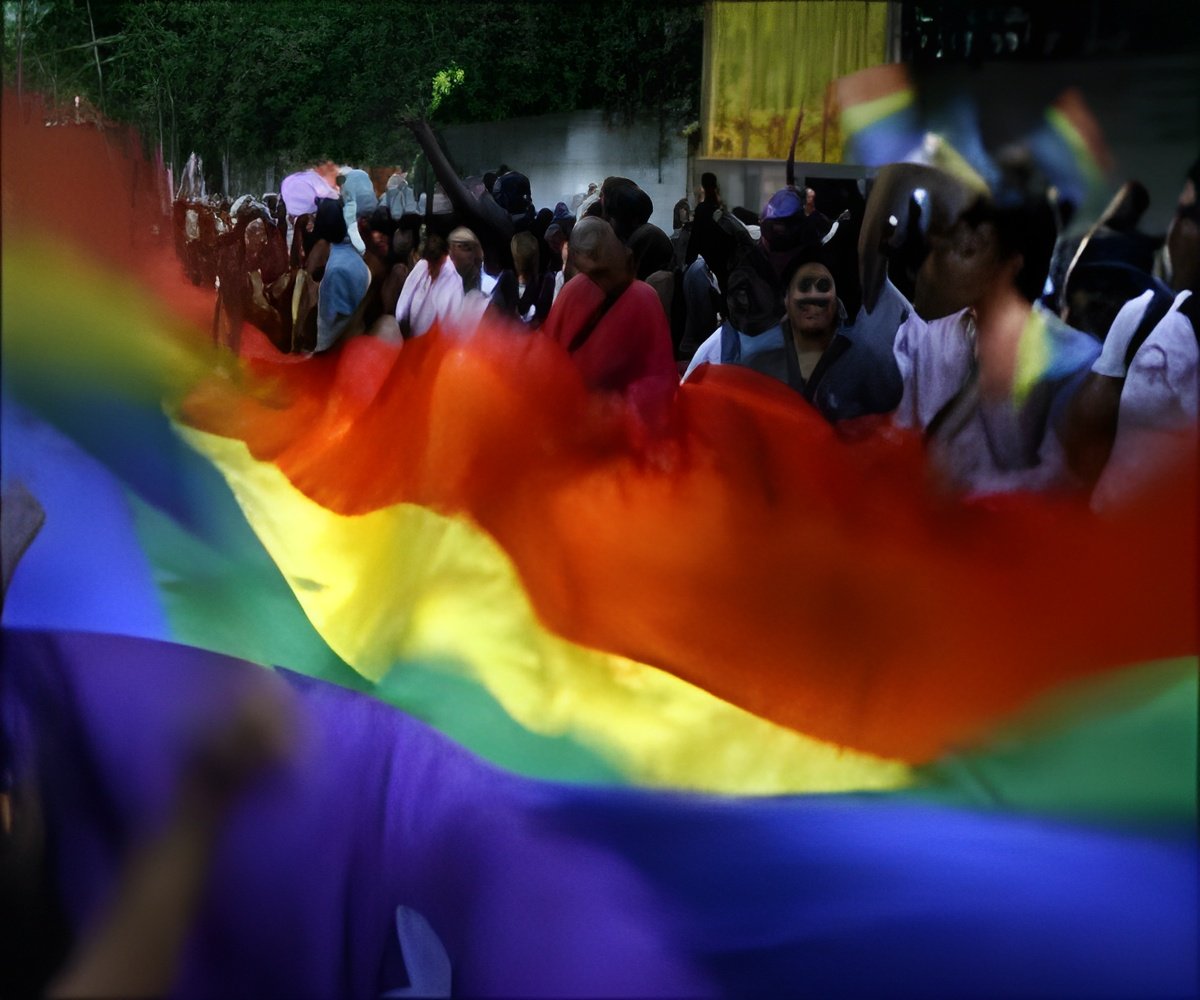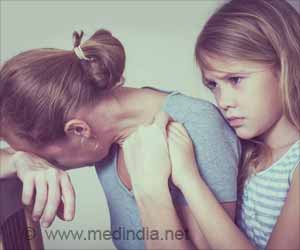
Studies show that almost half of all medical students in the U.S. report symptoms of burnout. The implications of this can be severe, ranging from individual risks like the reduced quality of self-care to an increase in patient safety incidents risk.
According to a new study, students who identify as lesbian, gay or bisexual (LGB) are more likely than their heterosexual (cis-gender) peers to experience burnout.
Lead author Dr. Elizabeth Samuels said, "The health and well-being of trainees are intimately linked to the quality of patient care, physician retention, and is key to reducing care inequities."
She explained that it is critical to understand how the current medical training environment impacts lesbian, gay and bisexual medical students to improve their training experience, build and retain a workforce of LGB physicians, and deliver optimal care to all patients -- especially those who also identify as LGBTQI+.
Data for this study was obtained from the Association of American Medical Colleges' 2016-2017 annual survey of graduating medical school. A total of 26,123 responses were analyzed.
The questions range from medical education to financial costs to clinical experiences. The survey included questions on negative experiences (mistreatment, burnout) and identity, including sexual orientation. Response options include "heterosexual or straight," "gay or lesbian," and "bisexual."
Information about the gender identity of students who identify as transgender or genderqueer was not provided to the researchers for analysis.
Samuels said that the inspiration for this study came from her personal experiences as a medical trainee and as a mentor to medical students and a person dedicated to addressing health inequities and improving care for LBGTQI+ patients.
Findings showed that 17% of LGB medical students reported high burnout levels compared to 11.1% of heterosexual students.
Burnout is often caused by medical training intensity, strained finances, and unattainable expectations, the authors state. Mistreatment is also a contributing factor, and the interest in examining its effects on trainees from racial and ethnic groups underrepresented in medicine seems to be increasing.
Results also showed that LGB students also reported a higher frequency of perceived mistreatment. Compared to 20.7% of heterosexual students, 27% of LGB students said being publicly humiliated, 23.3% reported perceived mistreatment specific to their sexual orientation at least once during medical school, compared to 1% of heterosexual students.
LGB medical students were 30% more likely to experience burnout even after adjusting for reported experiences of mistreatment. However, Samuels adds that mistreatment didn't thoroughly explain the emotional strain experienced by them.
For LGB students, frequent mistreatment experiences related to their sexual orientation had an eight times higher likelihood of burnout than heterosexual students. While this difference was dramatic when mistreatment occurred more frequently, at lower levels of mistreatment, the differences weren't as extreme.
According to prior research, many LGB medical students reported concealing their sexual identity during medical school in fear of discrimination. Depression, anxiety, and poor self-rated health were also reported more compared with heterosexual students.
She says that these findings highlight the need for continued, comprehensive support and mentorship for LGBTQ medical students and the importance of institutional culture change to create healthy, diverse, inclusive medical school learning environments.
Source-Medindia










